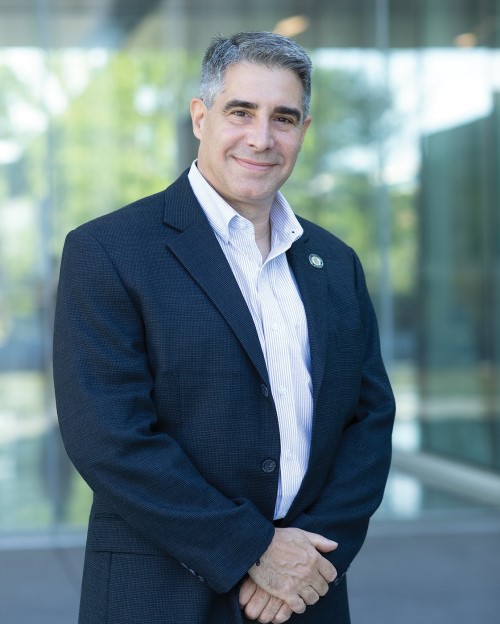
From Sri Lanka to Ghana and from the Arctic to Block Island, URI’s research and outreach have addressed the health of fisheries, climate resilience, sustainable energy and the presence of plastics in every ecosystem — land to sea. The University now plans to leverage those partnerships and cultivate new ones to advance plastics research via its Plastics: Land to Sea COLAB. The COLAB already includes more than 50 faculty working with state, regional and international governments, universities, and agencies around the world.
Plastics play an important role in society and can be lifesaving, but they were not seen as a pollutant when they were developed. Yet, the environmental and economic reality of plastics pollution is a global crisis that has outpaced our understanding of its impacts on our waterways, food web, air quality and human health. Science Approximately 420 million metric tons of plastics were produced worldwide, with production expected to triple by 2050. Less than 10 percent of plastic trash produced has been recycled, and it is the fastest growing component of municipal waste.
URI scientists and students have extensive research on one of the most well-studied resources, Narragansett Bay. They have collected and archived baseline data that are rare and difficult to find for many water bodies and have launched long-term studies that have run continuously since 1959.
The Plastics: Land to Sea COLAB is housed in URI Coastal Institute and will welcome participation by faculty and students across all URI colleges to make clear, tangible projects within the five “thrust areas”. Please join us as the University “thinks big” to accelerate critical research efforts and contribute to global solutions to sustain the health of our land, our waters, our health, and our future.

